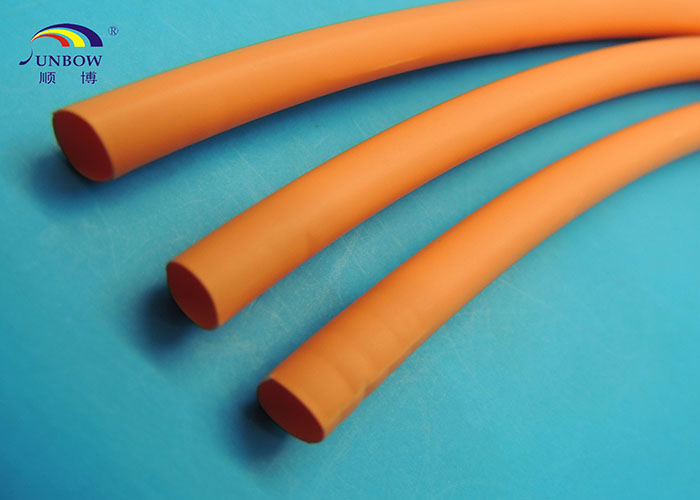
Title: The Versatile Role of Single-Wall Heat Tube Products in Practical Applications
Introduction (150 words)
Single-wall heat tube products have emerged as a crucial component in various practical applications, offering efficient heat transfer capabilities and enabling enhanced thermal management. These products are designed to facilitate the transfer of heat from one point to another, ensuring optimal temperature control in a wide range of industries. This article explores the diverse applications of single-wall heat tube products, highlighting their importance and benefits in different sectors.
1. Industrial Applications (300 words) Single-wall heat tube products find extensive use in industrial applications, where efficient heat transfer is essential for maintaining optimal operating conditions. In manufacturing processes, these heat tubes are employed in heat exchangers, boilers, and condensers, ensuring efficient heat transfer between fluids. They play a crucial role in industries such as chemical, petrochemical, oil and gas, and power generation, where precise temperature control is vital for safe and efficient operations.
2. HVAC Systems (250 words) Heating, ventilation, and air conditioning (HVAC) systems rely on single-wall heat tube products to regulate temperature and ensure comfortable indoor environments. These heat tubes are used in heat exchangers, air handlers, and radiators, facilitating the transfer of heat between air and fluids. By efficiently transferring heat, single-wall heat tube products contribute to energy savings and improved HVAC system performance.
3. Renewable Energy (300 words) The renewable energy sector heavily relies on single-wall heat tube products for efficient heat transfer in various applications. In solar thermal systems, these heat tubes are used in solar collectors to absorb and transfer heat from sunlight to a working fluid, which can then be used for heating or electricity generation. Single-wall heat tube products enhance the efficiency of solar thermal systems, making them a viable and sustainable alternative to traditional energy sources.
4. Electronics Cooling (250 words) In the electronics industry, single-wall heat tube products play a crucial role in cooling electronic components and preventing overheating. These heat tubes are integrated into heat sinks and heat spreaders, efficiently transferring heat away from sensitive electronic devices. By maintaining optimal operating temperatures, single-wall heat tube products enhance the performance and lifespan of electronic components, ensuring reliable operation.
5. Automotive Industry (250 words) The automotive industry utilizes single-wall heat tube products in various applications, including engine cooling systems, air conditioning systems, and transmission coolers. These heat tubes facilitate efficient heat transfer, ensuring optimal performance and longevity of automotive components. By effectively managing heat dissipation, single-wall heat tube products contribute to improved fuel efficiency and reduced emissions.
6. Medical and Pharmaceutical Applications (300 words) In medical and pharmaceutical industries, precise temperature control is crucial for preserving the integrity of sensitive substances and ensuring patient safety. Single-wall heat tube products are utilized in applications such as laboratory equipment, sterilization processes, and temperature-controlled storage units. These heat tubes enable accurate temperature regulation, preventing temperature fluctuations that could compromise the quality and efficacy of medical and pharmaceutical products.
Conclusion (100 words) Single-wall heat tube products have become indispensable in various practical applications, offering efficient heat transfer capabilities and enabling enhanced thermal management. From industrial processes to renewable energy systems, HVAC systems to electronics cooling, and automotive to medical applications, these heat tubes play a vital role in maintaining optimal operating conditions. As technology advances, the demand for single-wall heat tube products is expected to grow, driven by the need for improved energy efficiency, temperature control, and overall system performance.




